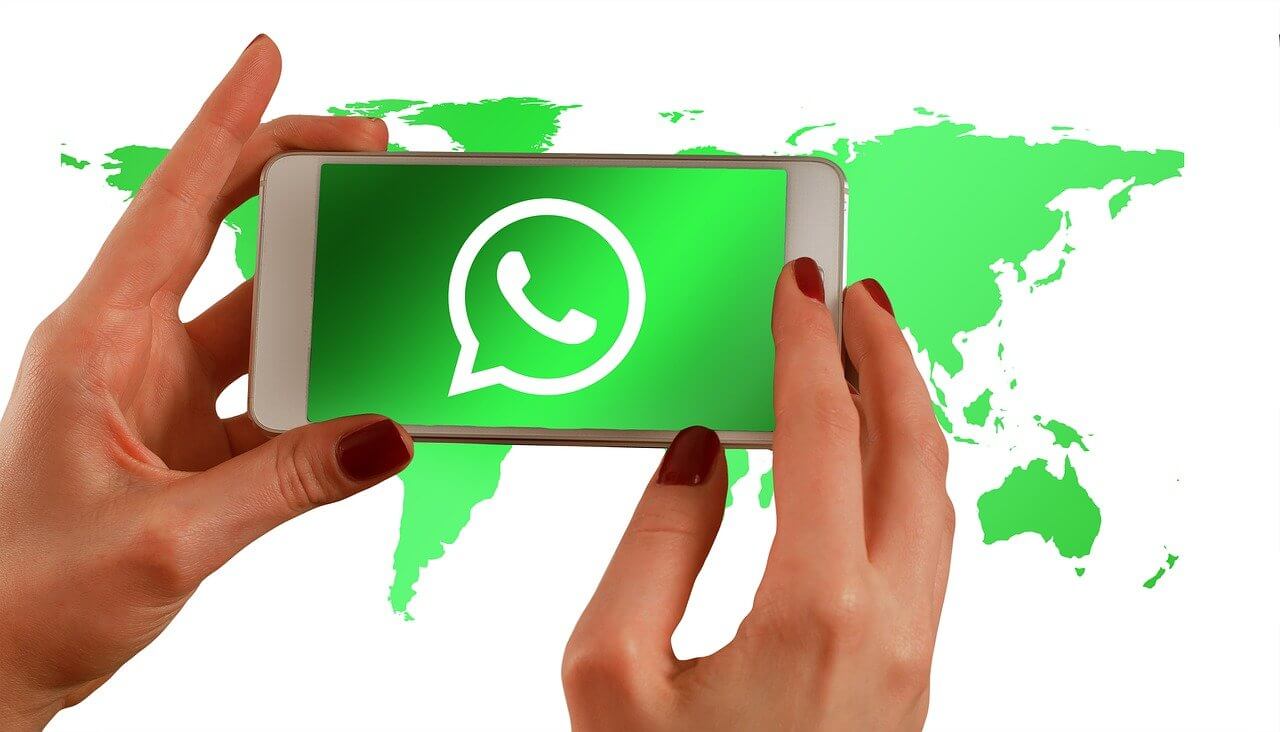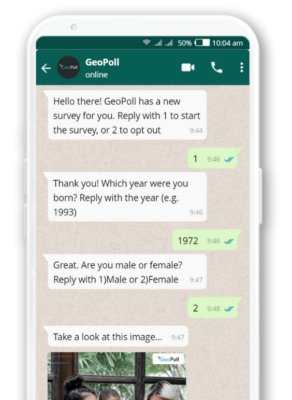- Contents
WhatsApp is easily one of the most used mobile applications in the world. The Meta-owned App is used by close to a third of the world population, with 2 billion users, despite WhatsApp being banned in China, the world’s most populous nation. With over 100 billion messages exchanged every day, it is ranked the most used mobile messaging app globally.

Statistica reports that as of the fourth quarter of 2020, Kenya recorded the highest share of WhatsApp users, with 97% of the country’s digital population using the mobile messaging app monthly. South Africa (96%) and Nigeria (95%) followed, highlighting the significance of WhatsApp, especially in Africa.
Why it is so Popular
- Cost – For starters, WhatsApp is free to download and use. Then, WhatsApp uses data connectivity to exchange messages and phone calls, which is considerably cheaper than regular SMS and phone calls.
- Rich messaging – Unlike SMS, WhatsApp users can send messages of whatever length without counting words and leeway to send multimedia content such as images, videos, and audio.
- Ease of use – WhatsApp is so easy to use, people with most levels of literacy can use the app comfortably. All one needs is a smartphone and a phone number.
- Device accessibility – Being platform agnostic, WhatsApp can be on almost any device. The broad availability of the software is undoubtedly a significant factor in its popularity.
- Its own popularity – The fact that so many people use WhatsApp fuels its popularity even further as users will generally use Apps that the people they interact with as using.
Using WhatsApp to Conduct Surveys
Owing to the position WhatsApp holds in many people’s day-to-day lives worldwide, it presents a realistic means to conduct survey research. There are several reasons for this:
- Multimedia Questions – Provides the flexibility for administering complex surveys in rich multimedia such as audio, video, gifs, pictures, and animations. You can send pictures or videos for respondents to answer questions on and even get photos and recordings back from respondents.
- Low Costs – WhatsApp utilizes less data bandwidth making it cheaper for respondents to take surveys. The researcher also doesn’t incur direct mobile charges, making WhatsApp an affordable platform even for clients.
- Response Rates – Given that WhatsApp is one of the most widely used apps globally, WhatsApp surveys typically have higher engagement rates and are markedly faster to run.
- Flexible Question Types – WhatsApp works with multiple question types, such as matrix or grid questions with skip logic and randomization. WhatsApp also has no restrictions on question character limits and can utilize more extended question types.
GeoPoll WhatsApp Surveys
GeoPoll uses WhatsApp to conduct surveys in two main ways:
- Mobile-Based Market Research Online Communities (MROCs) – Using WhatsApp Groups to gather valuable qualitative data to
 understand target audiences better. MROCs are focus groups where GeoPoll places respondents in moderated groups to discuss the topic under research.
understand target audiences better. MROCs are focus groups where GeoPoll places respondents in moderated groups to discuss the topic under research. - WhatsApp Survey Mode – Recently, GeoPoll fully integrated WhatsApp as a survey mode. We send automatic WhatsApp message prompts that are coded to allow for two-way interaction with the respondent. This way, GeoPoll can track progress remotely in real-time, providing more operational control over projects and ensuring high-quality data. We can send the surveys to the client’s database or GeoPoll’s own WhatsApp panel.
To learn more about our WhatsApp solutions and how they can be implemented with your project, please contact us.

 understand target audiences better.
understand target audiences better.